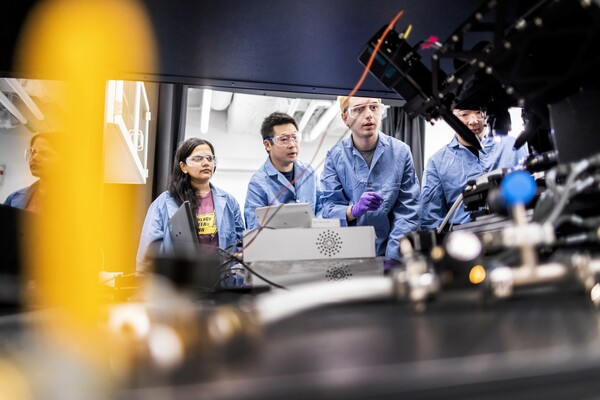
nocred
VanJessica Gladney, a fifth-year Ph.D. candidate in history in the School of Arts & Sciences, wants to understand the concept of resistance. For her dissertation, she’s studying it in the context of Shays’ Rebellion, a series of violent uprisings by those who opposed taxes and other economic hardships in Massachusetts in 1786.
Specifically, she’s focused on the women involved, both those who supported the rebellion and those on the government side. “How did ordinary people imagine a government and shape a government right after the Revolution?” she says. “I hope to show that women were just as involved in that conversation as men.”
Through the Penn & Slavery Project, which centers on uncovering the connections between the University of Pennsylvania and the institution of slavery, Gladney’s also been trying to share the voices and perspectives of people who had been enslaved.
Today, she’s the Penn & Slavery Project digital historian. She’s also collaborating with those colleagues to turn the six-stop virtual reality tour they created into a tour that can be taken in real life. “We want people to be able to hear about the formation of the project in person and get boots on the ground when we think about where the history is,” she says.
Juneteenth was only recently recognized as a federal holiday in the U.S., and Gladney says holidays like Juneteenth encourage people to question the popular narrative about the history of the country. “There is this tendency and a kind of comfort in learning, believing, digesting these nugget-sized narratives,” she says. “Maybe this is just me being a historian or a Pollyanna, but I believe the best way to learn about our past and change the present is to lean into that discomfort.”
“Hopefully, public recognition can start those difficult conversations that maybe won’t create backlash. And there should be some sort of language we’re ready to use about the historical importance of the day. ‘What is Juneteenth?’ should be a question that’s asked and answered all of June. We need to recognize and center the ways that slavery, abolition, and emancipation are crucial parts of this holiday.”
Read more at OMNIA.
Michele W. Berger

nocred

Image: Pencho Chukov via Getty Images

The sun shades on the Vagelos Institute for Energy Science and Technology.
nocred

Image: Courtesy of Penn Engineering Today